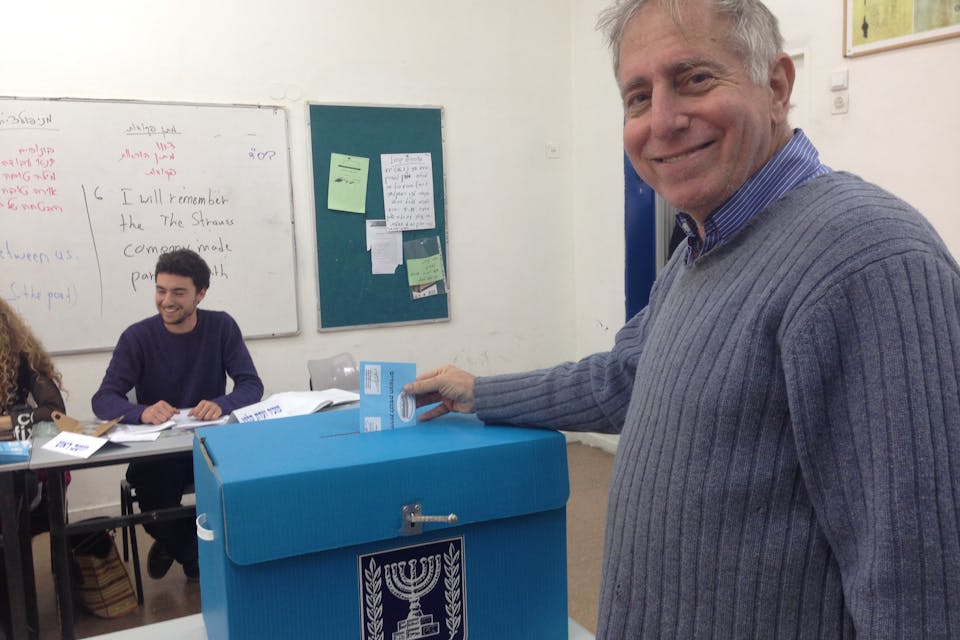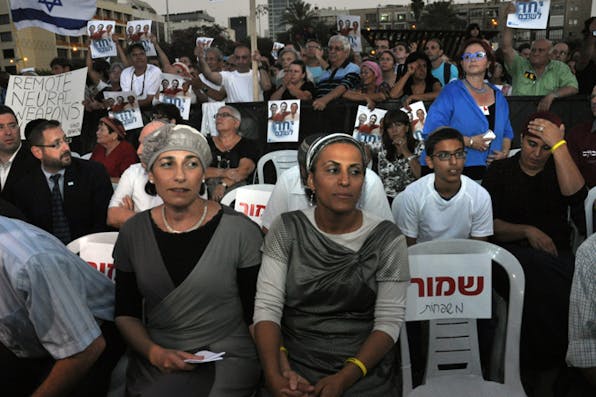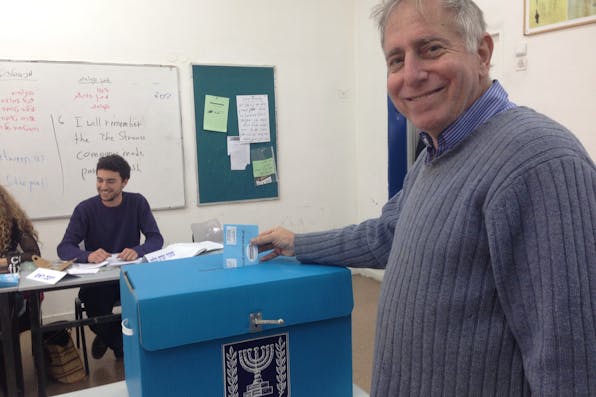
June 29, 2015
Israel: Vibrant and Resilient, or Mediocre and Decaying?
My respondents see the Israeli glass as more than half full; I see it as more than half empty. Let's hope I'm wrong.
My thanks to Neil Rogachevsky, Evelyn Gordon, and Haviv Rettig Gur for their comments on my essay, “Can Israel Unite?” Each in her or his way recommends that, like Israelis generally, I should be happy and not worry myself over the country’s seeming atomization.
Rogachevsky concedes a measure of Balkanization, yet thinks Israel less divided now than it used to be. Gur hails a tribalism expressed in self-sacrifice, solidarity, imperviousness to decay, and “a meritocratic military and public service.” To his mind, this renders irrelevant my concerns about a unity government, or lack thereof, in the face of an oncoming Iranian nuclear weapon. In evidence, he cites polls during last summer’s Gaza war, a war directed by an ordinary, non-unity government, that showed public backing in the 90th percentile. Gordon concurs: “First we win the war, only afterward do we tear ourselves apart.”
It would be nice if this were so. But in fact the mini-war against Hamas in 2014 didn’t end for seven weeks, and by week four ministers were emerging from cabinet meetings to trash the strategy and tactics of the prime minister, the defense minister, and the Israel Defense Forces. By week five, the government’s approval rating had come back down to earth, and by week six you had demonstrations in Tel Aviv. It’s grown to be par for the course. The same happened during the fighting against Hizballah in 2006, initiated by another ordinary government—near-unity at the beginning but then, as matters bogged down and went awry, strife.



